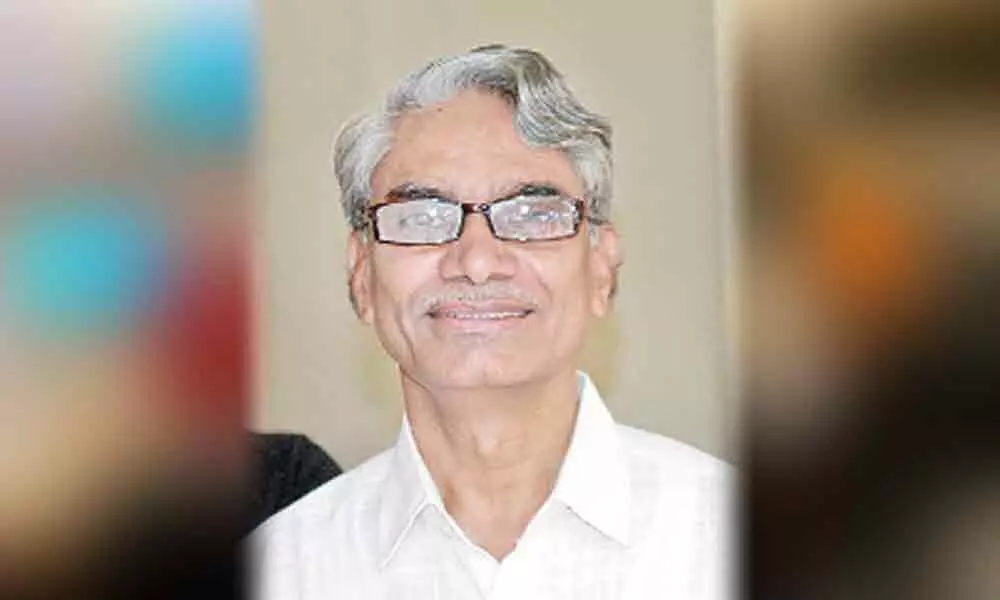Live
- Nikhil and Sudheer Varma comes with an interesting title
- Gopichand’s ‘Viswam’ trailer packs action, comedy, and thrills
- 'Trend setter': Gayle picks MS Dhoni as India's most successful captain
- Amaravati Drone Summit 2024 to be Held on October 22-23
- Corrections Made for 21,768 Flood Victims' Bank Accounts
- RG Kar case: Protesting doctors fast-unto-death enters Day 2
- Irregularities confirmed in Varahi land
- Lax enforcement by mining officials raises concerns
- Assam CM to distribute financial aid to girl students under Nijut Moina scheme
- Books donated to dist library









